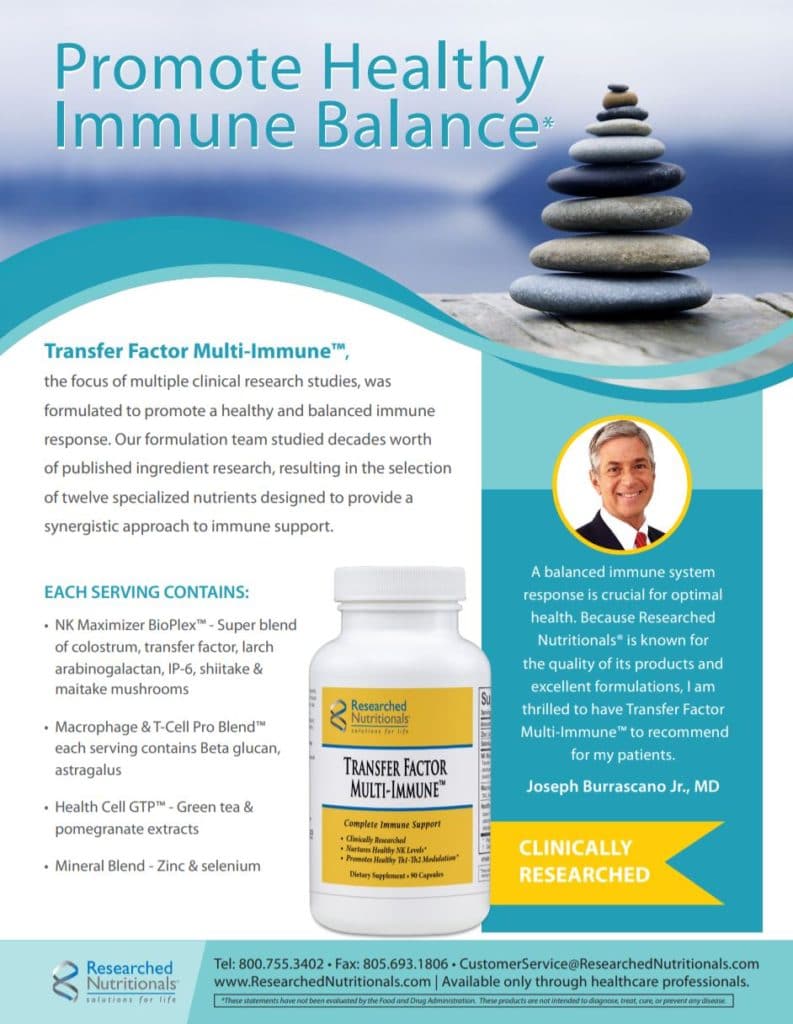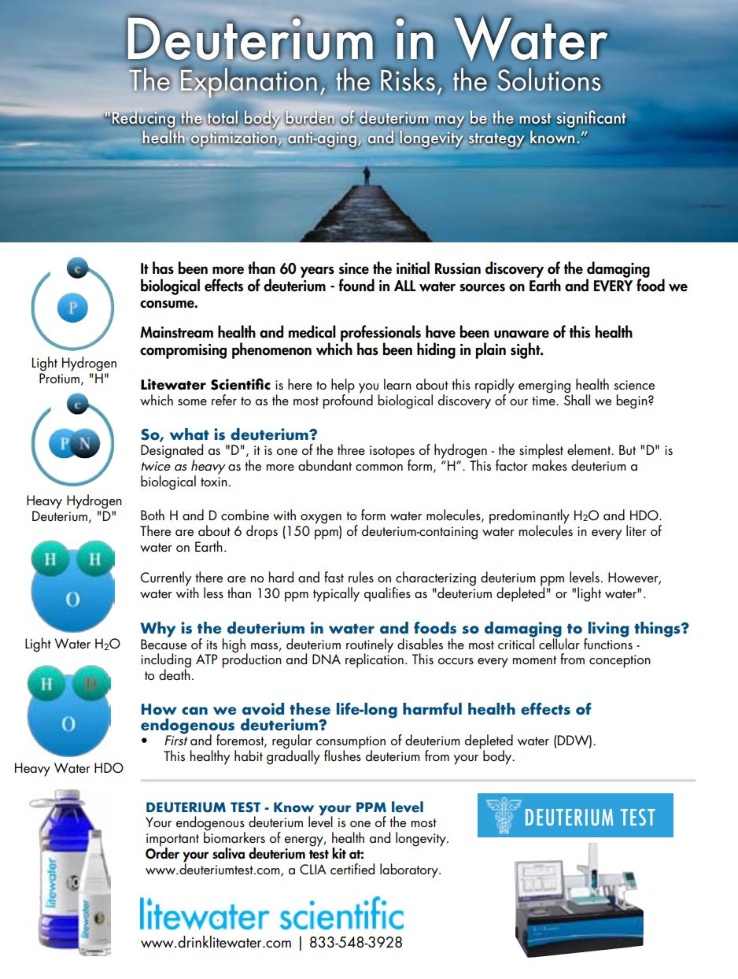Like Schauss, Libby and Stone observed that heroin didn’t seem to have much of an effect in patients who first took mega doses of vitamin C. They write this of a 24-year-old patient: “On a Sunday he first took 45 g of sodium ascorbate and then in the space of five hours he ‘shot-up’ $300-$400 worth of heroin, and he felt no effect from this large amount of heroin.”
As compelling as these reports may seem, they are both old and anecdotal. Why haven’t there been more studies on vitamin C’s potential value in the treatment of opioid dependency since the 1970’s?
“One thing that comes to mind,” offers Ryan, “is that vitamin C has been around for a while. There’s not as much financial incentive for a pharmaceutical company to research it. So it falls on governmental funding to pay for this kind of research, and getting that funding is a really competitive process.”
In other words: Nobody stands to make money or look particularly flashy by conducting studies on a vitamin that is old, affordable, and widely available.
There’s also an elephant in the room here: bias. When I asked Schauss why his 1969 study wasn’t published until very recently, and why he didn’t follow it up with more studies, he said, “Anybody doing this type of nutritional research was categorically getting rejected by medical journals.” While thankfully most clinicians no longer believe that nutritional supplements just make expensive urine, allopathic medicine is still dismissive of orthomolecular therapies like vitamin C.
Current, Conventional Treatment of Opioid Use Disorder
“Nothing has been done for the addict in the 117 years since morphine was first introduced in the United States, except to substitute one addicting drug (like methadone) for another (like heroin),” said Dr. Alfred F. Libby In 1977.42
Thankfully, much has been done to better support those with OUD since Libby’s time. We nevertheless have ways to go.
While opioid maintenance treatment can truly be helpful—over 100 randomized studies report benefits for those in treatment—the drugs used in the protocols are themselves opioids and thus come with the associated laundry list of serious and sometimes fatal side effects.43 Unlike vitamin C, methadone and buprenorphine—the pharmaceuticals often used in conventional OUD treatment—do not confer any known health-promoting benefits.
As useful as it may be, the duration of treatment with a replacement opioid is unclear, furthermore. “There’s research that suggests people who stay on suboxone longer have better outcomes,” says Ryan. He explains that while some people are able to eventually taper off of their opioid replacement medications, many stay on them indefinitely.
Although opioid maintenance therapy is a worthwhile investment from a societal standpoint – it is cheaper to treat somebody with addiction than it is to incarcerate them, for example – the financial cost is nevertheless considerable. According to drugabuse.gov, the cost of methadone treatment is $126.00 per week, the cost of buprenorphine for a stable patient is $115.00 per week, and the cost of naltrexone is $1,176.50 per month (pre-COVID-19 statistics).44 These medications must be administered by a licensed healthcare provider on a weekly or even daily basis.
Vitamin C, on the other hand, may be purchased over the counter at most pharmacies and supermarkets for a modest price. Lucy, for example, spends under $15 per week on sodium ascorbate.
Vitamin C mega-dosing is not without its risks, however. Although studies evaluating the claim that vitamin C causes kidney stones have yielded contradictory findings,45,46 one analysis46 reports an association between vitamin C intake and kidney stone risk in men – though not in women. The safety of vitamin C supplementation in the settings of hemochromatosis and other rare iron overload diseases is likewise a topic of debate.47,48
One Piece of the Puzzle
“Anything that can address withdrawal will help pull people in the right direction, but we can’t view that as the whole puzzle,” states Ryan.
Indeed, addiction is complicated and multi-factorial. No one agent can alone take the place of a multi-faceted treatment plan that includes counseling, exercise, rest, stress management, meaningful social connections, trauma integration, physical safety, and kinship with nature.
Nevertheless, medications and vitamins can have profound effects on the neurochemical aspects of addiction, and a substance that curbs opioid withdrawal symptoms can make or break a person’s attempts to get clean.
That’s why we need more clinical trials evaluating vitamin C’s potential in the treatment of opiate use disorder. Ryan agrees: “This topic strikes me as meriting more investigation, particularly since vitamin C is so benign.” But we both know that those trials are not likely to come any time soon, given the paucity of incentives for performing such research.
As a physician, I must weigh the risk-to-benefit of any treatment. When I consider the cost of opioid use disorder both to the individual and to society, along with the long list of vitamin C’s proven health benefits,49 sodium ascorbate strikes me as a rather low-stakes wager.
In the face of the opioid epidemic, which rages on with indiscriminate ferocity, I’m willing to take an educated guess and give vitamin C a chance.
Have you used vitamin C to treat addiction?
I am compiling data from real people on their experiences using vitamin C (and other remedies) to treat addiction. Have you (or a patient, or a loved one) tried using mega doses of vitamin C to treat a drug or alcohol use disorder? If so, please tell me about it at: www.SimbaHealth.com/surveys
Are you an addiction researcher?
As mentioned in the article above, we need more modern-day case reports and studies on vitamin C’s effects in those with opioid use disorder. I hope to address this gap in the research – and you can help. Please contact Research@SimbaHealth.com if you are willing to help fund research, if you are a researcher interested authoring (or co-authoring) a study, or if you can help in any other way.
Author Bio
Dr. Erica Zelfand is a licensed family physician specializing in functional medicine and integrative mental health. She works with patients and clients of all ages worldwide and is committed to a root-cause-oriented approach to healing. Dr. Zelfand is also an author, teacher, and speaker, and offers trainings in psychedelic medicine for healthcare providers at https://ScienceOfPsychedelics.com. She is also the author of a medical literature review on vitamin C, pain, and opioid use disorder (Integrative Medicine, June/July 2020). To learn more and connect, follow @DrZelfand, join her mailing list (https://mailchi.mp/16de51823b63/drzelfand), and visit www.DrZelfand.com.





